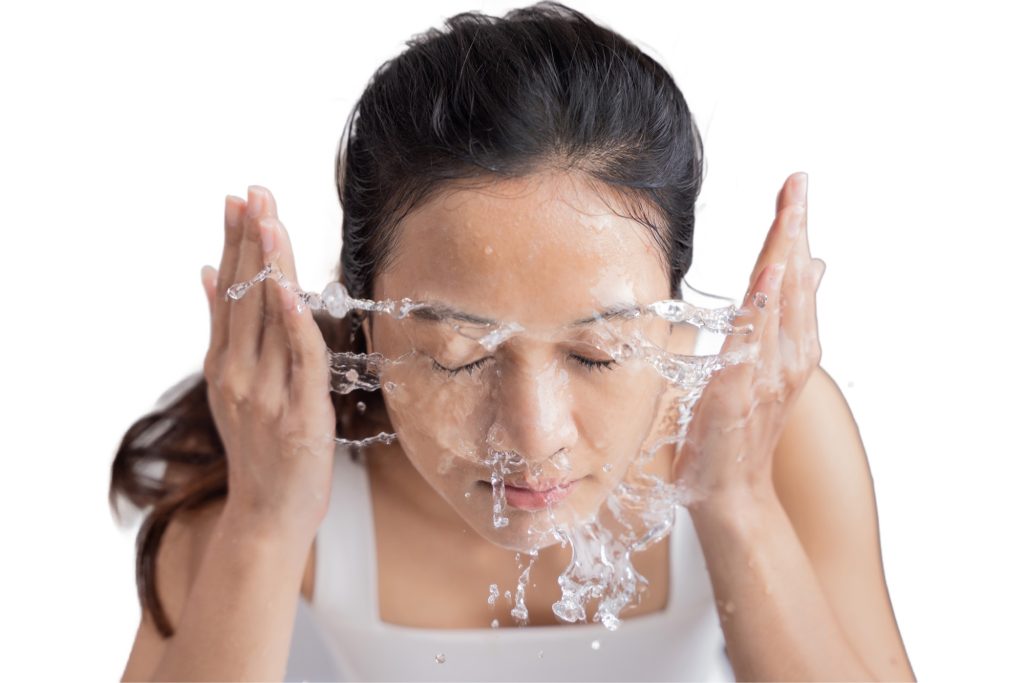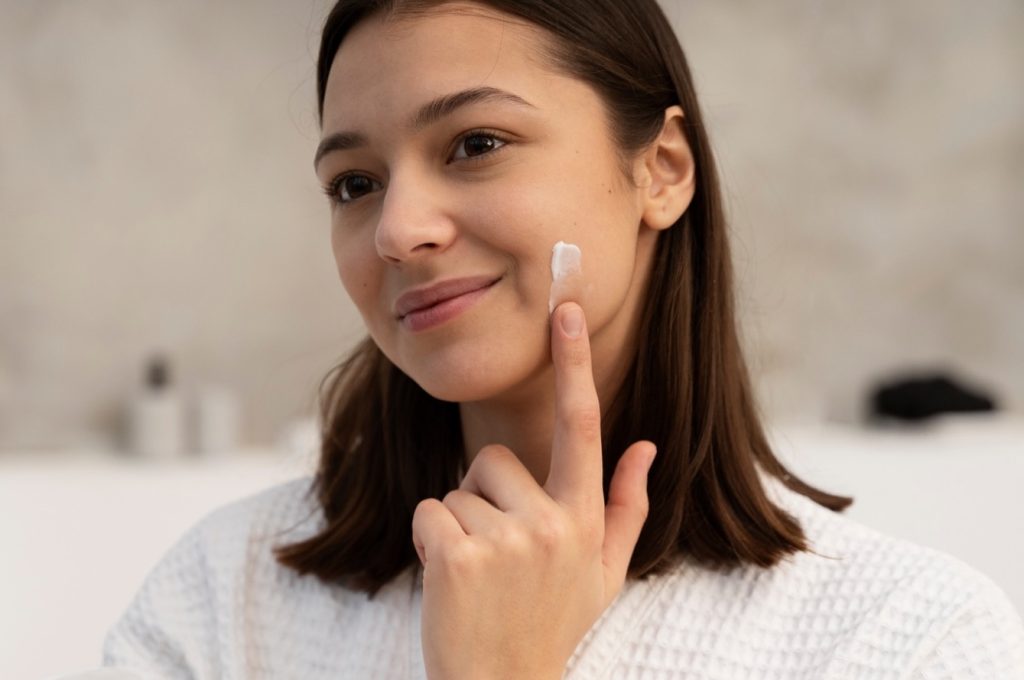Clinical Trials
Clinical Study to assess the skin health benefits of Papaya Seed Oil

Purpose of the clinical study

The objective of this clinical study was to evaluate the impact of the topical application of Papaya Seed Oil (PSO) on skin hydration, barrier function, erythema and elasticity for human skin.

Methodology
-

PSO was applied to the left volar arm (test site) of each human subject.
-

During each of the scheduled visits, post product application, dermatologists assessed the test site at varying time intervals.
-

The type of assessments used included instrument assessment, dermat assessment, subject self-assessment and feedback, and safety assessment.
Results & Potential Claims
Skin Melanin and Erythema
PSO was found to be very effective as a skin whitening agent. This was made possible with the presence of enzymes, beta-carotene, vitamins, and phytochemicals in PSO that have skin lightening properties. Oil works by dissolving inactive protein contributed by presence of papain enzyme. Skin erythema also reduced significantly upon PSO application as compared to control site which is considered an overall improvement in skin health.
Skin elasticity
The study demonstrates increase in skin hydration and decrease in trans-epidermal loss which ultimately could be one of the mechanisms to improve skin elasticity and firmness by improving the skin water content.
Density gradient of water evaporation
TEWL value (density gradient of water evaporated from skin) reduced significantly, this could be attributed to the effects of natural moisturizing factors in PSO that retain or bind water and draw it from deeper layers of the skin. These properties demonstrate that PSO is an effective emollient.
For more details please contact us.
Evaluation of safety of Papaya Seed Oil

Purpose of the clinical study

Study to assess the safety of Papaya Seed Oil (PSO).

Methodology
-

Human subjects were screened, and a percentage of these individuals was enrolled in the study based on specific inclusion and exclusion criteria.
-
Post application, a reaction index was measured using an assessment matrix.
The Draize scale was used for scoring and classification of products based on
their irritancy potential. The mean score for study population was then obtained.Erythema Score Reaction 0 No reaction 1 Very slight erythema/dryness with shiny appearance 2 Slight erythema/dryness/ wrinkles 3 Moderate erythema/dryness/ wrinkles 4 Severe erythema/wrinkles/scales Oedema Score Reaction 0 No reaction 1 Very slight oedema 2 Slight oedema 3 Moderate oedema 4 Severe oedema -

The test product was divided into different categories with varying percentages of DSI’s PSO and coconut oil (which was used as diluent). A score was then calculated for the mean irritation at varying time intervals, post patch renewal.
Results & Potential Claims
The product qualifies the dermatological safety since it fulfils the following criteria:
Dermatologically tested
Did not cause any skin irritation
And is clinically mild
